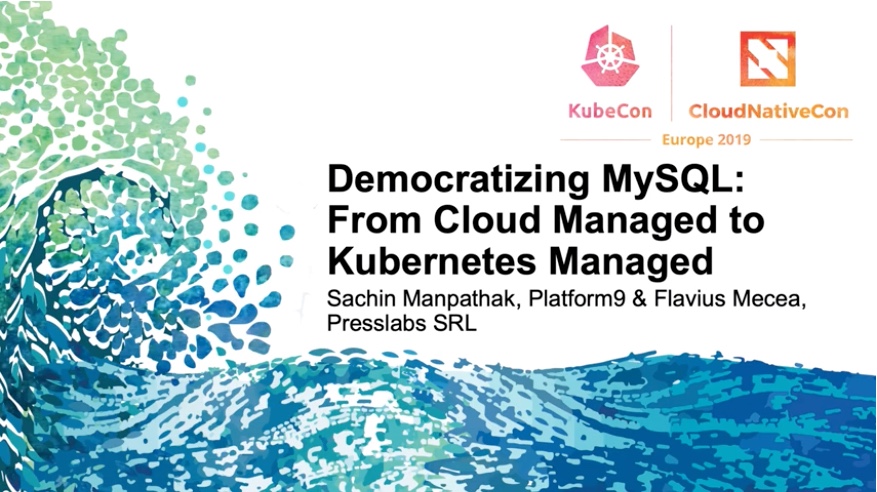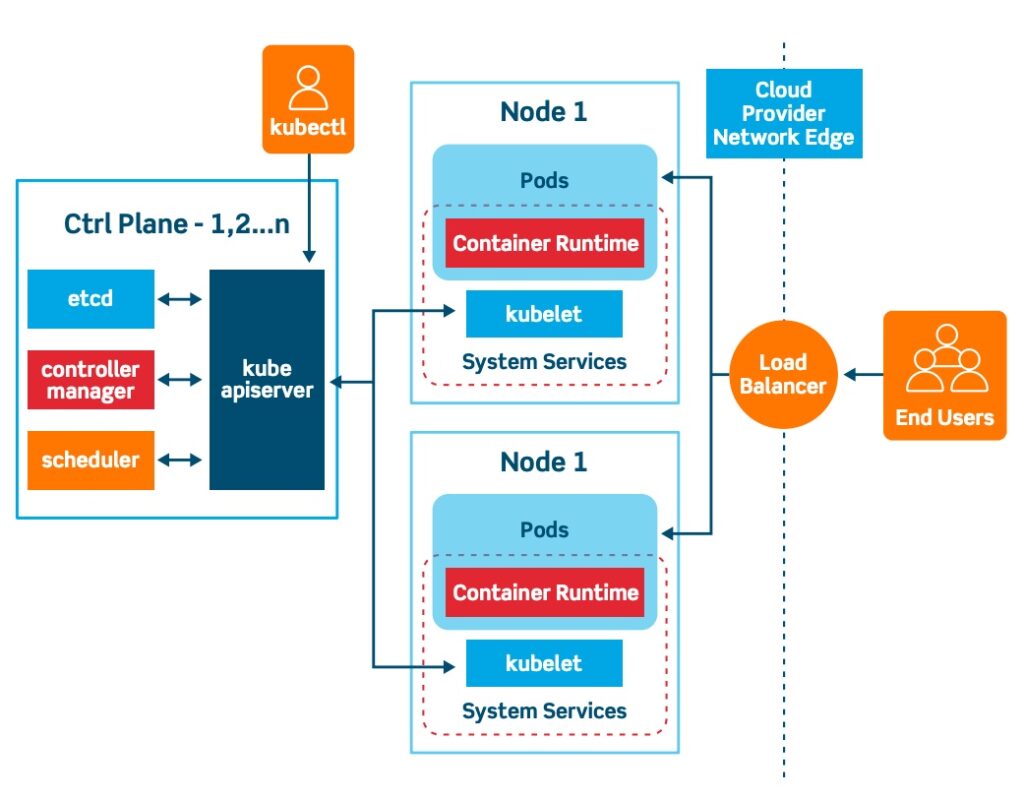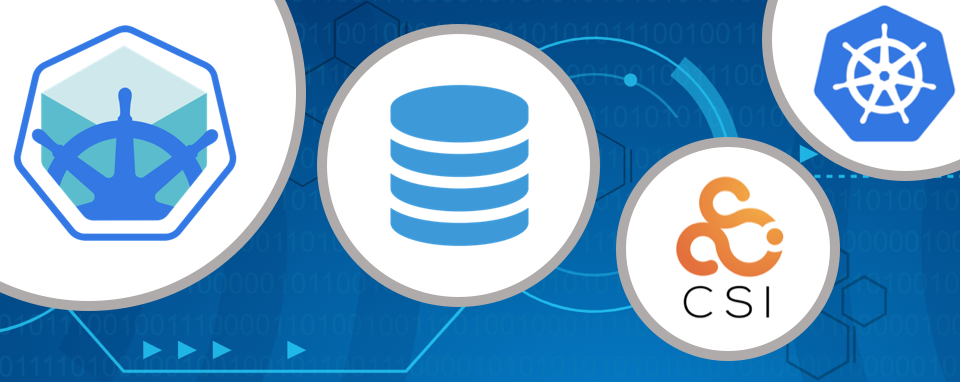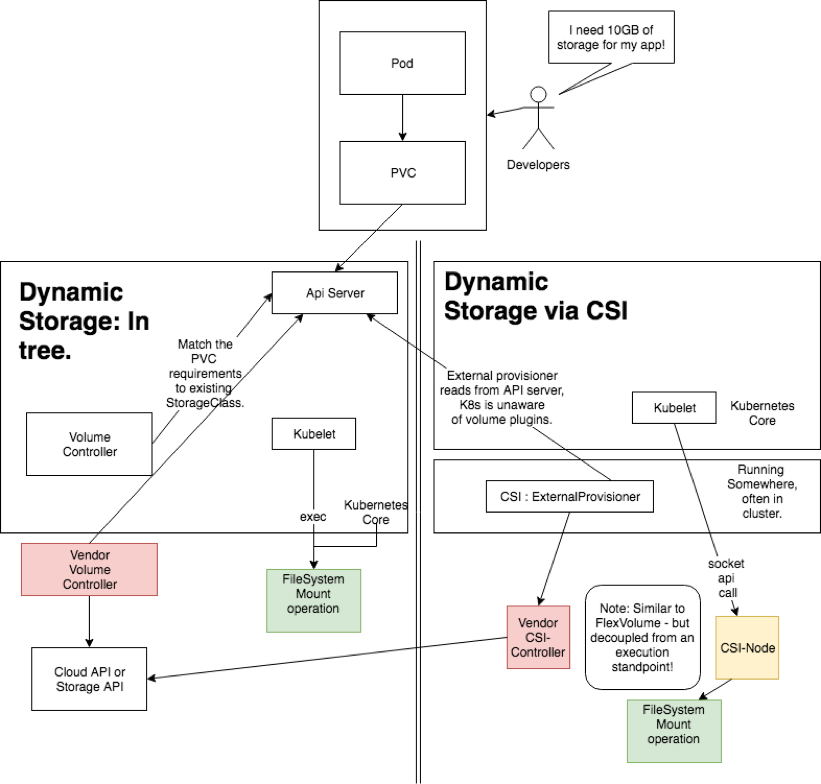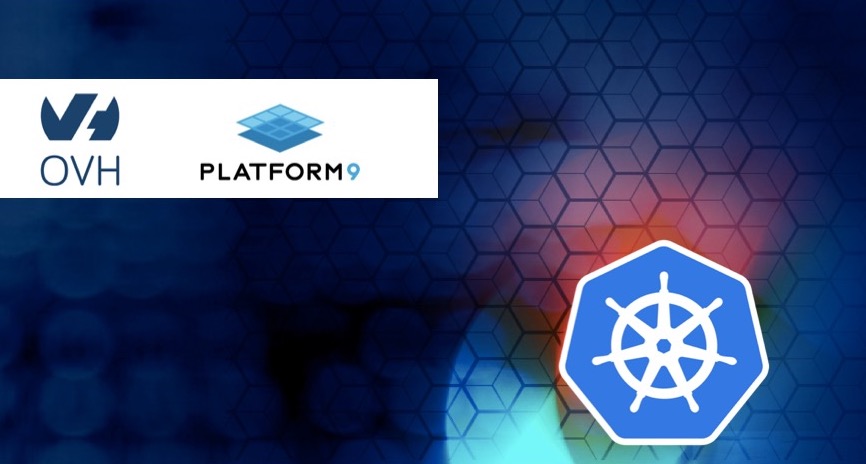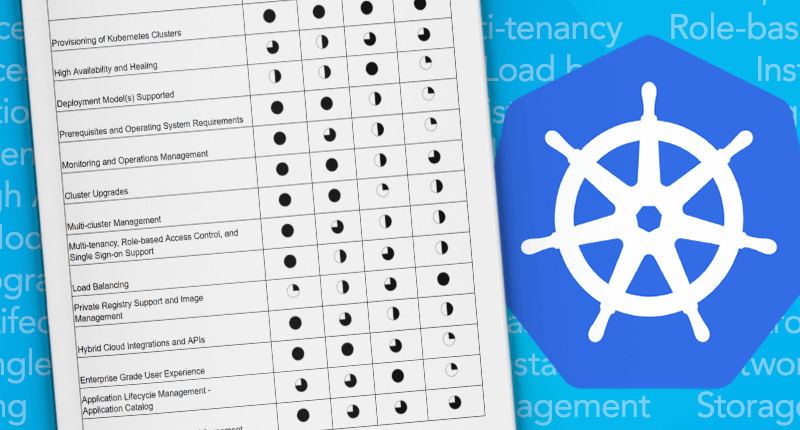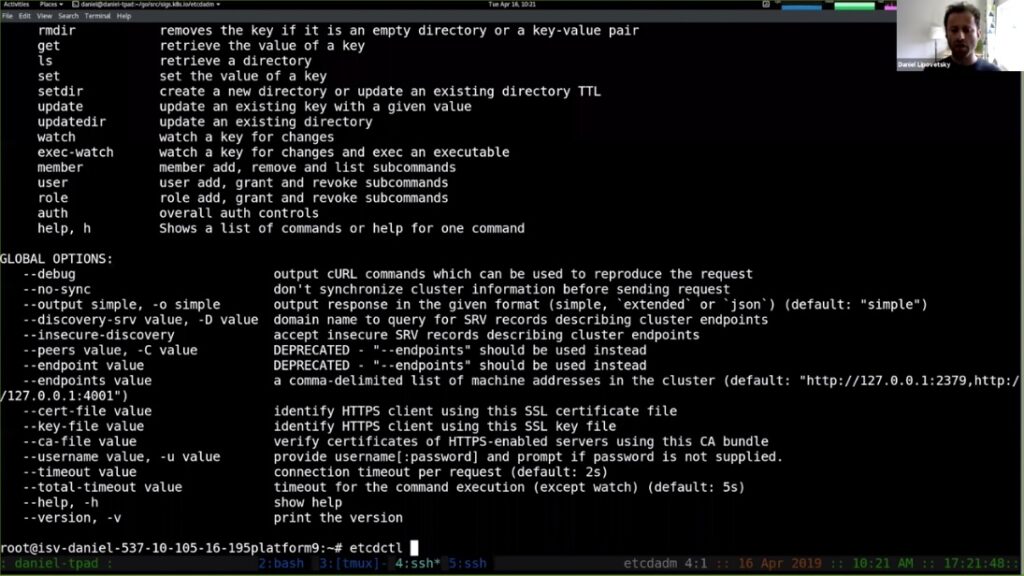Modernize: Five Pathways To Level Up Your Apps And Infrastructure
The cloud-native paradigm for application development and delivery lights a pathway for organizations to modernize their existing applications and underlying infrastructure — all to achieve benefits ranging from faster time to market, ease of maintenance, granular scalability, and cost-effectiveness. Is your business ready to modernize? Here are five considerations that will help you realize a


